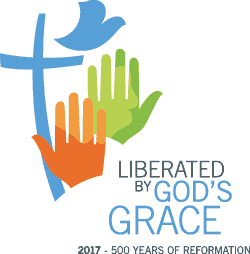The Lutheran mission work started in 1938 by the World Mission Prayer League (WMPL) among Aymara indigenous people near La Paz and in the Anden highlands. By using vernacular language in its evangelism programs, the church grew rapidly, especially in the early years, as the Aymara and Quechua were able to share the Gospel in their own language. In 1972, the American missionaries left the country as the local people claimed greater participation in the decision-making bodies of the church. The Bolivian Evangelical Lutheran Church (IELB) was officially constituted in the same year.
Plans for Reformation 500
Rediscovering the footprints of the Lutheran Reformation
This project aims to strengthen Lutheran identity especially among pastors and members of Lutheran congregations in Bolivia (especially in remote areas). The project foresees the analysis of the central themes of Luther’s theology such as the theology of the cross; the distinction between law and gospel and between justification and sanctification; responsible stewardship; and communion building.
Hymns and church music make up another relevant part of this project. The project aims at promoting church members to compose songs using Bolivian traditional music. In this manner, new songs will enhance the liturgy in the IELB.
The following activities will take place within the framework of this project:
- Regional trainings on main themes of the Lutheran Reformation
- National workshops in 2015 and 2016 which concentrate on the question of contextualizing the Lutheran identity in Bolivia
- Continuous education on Lutheran identity at the local congregational level, developed by trainers each year.
- One workshop in each of the 11 districts in 2014 and 2015 to compose songs using traditional rhythms.
- Two annual workshops in each of the 11 districts for composition of songs in Aymara, Quechua, Guarani, and Spanish, in 2015.
- One National Song Festival with the participation of composers and singers from all 11 districts.
- Posters and liturgical guideline promoting the outcomes of the project
Visit Member Churches

